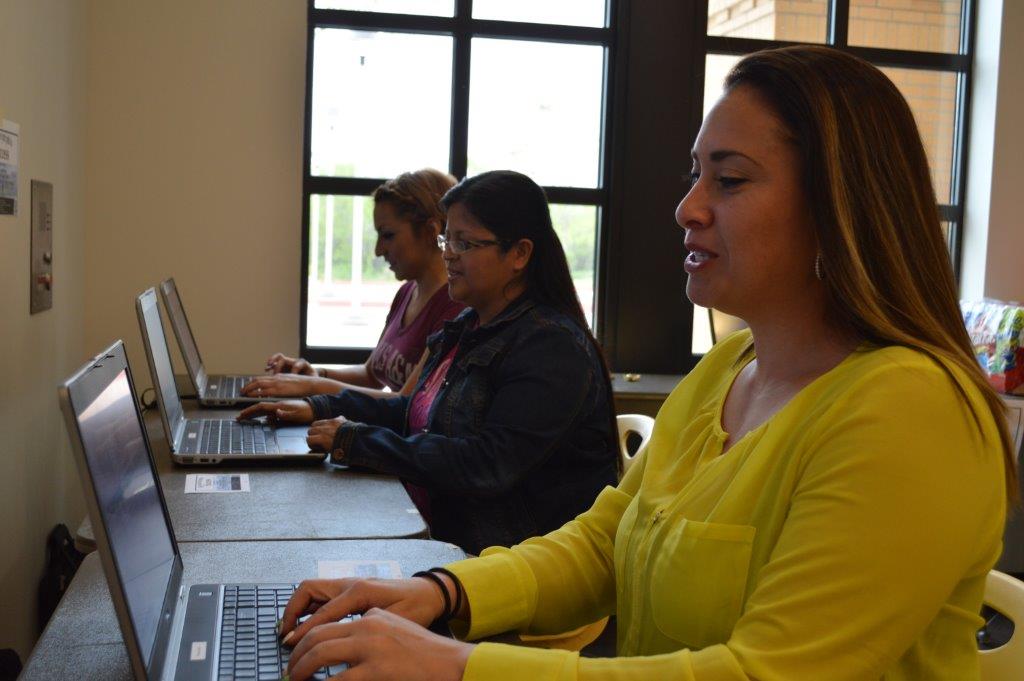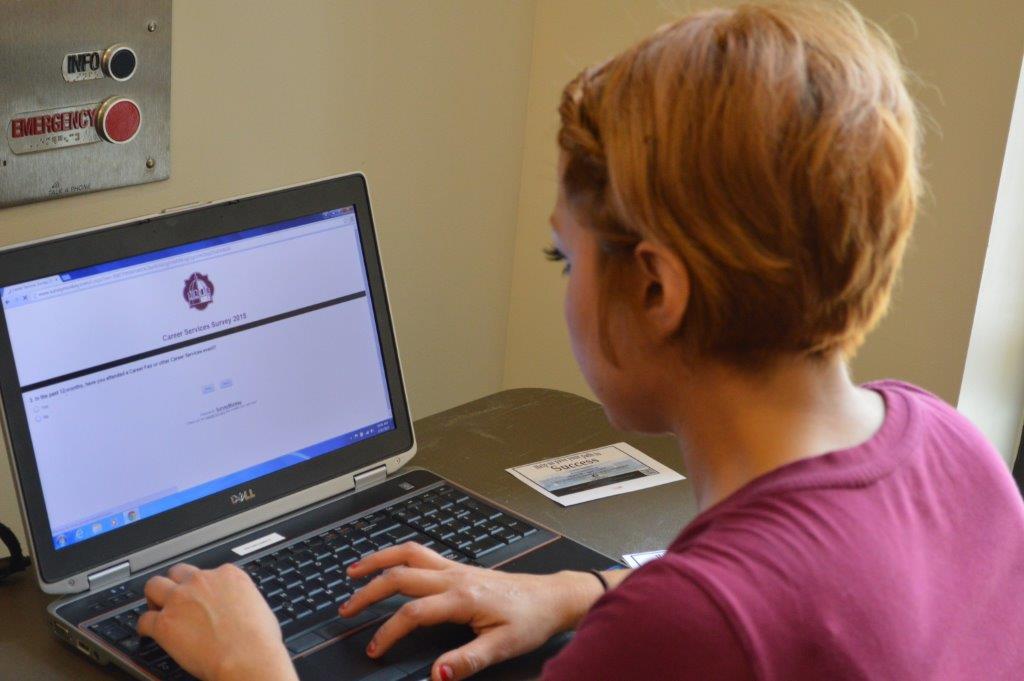Sociology


Hands-on Learning
Education shouldn’t be limited to the classroom – and in the A&M-SA Sociology program it’s not. Use classroom time to see real-world applications or to conduct real-world research! We accomplish this through:
- Incorporating real world research into the classroom
- Encouraging independent directed research
- Maintaining off-campus connections and opportunities
- Connecting education to the work place through internships
Students in Methods of Social Research don’t just learn about research – they conduct it. Each class is assigned a study needed by the university. Students create a survey, collect data, and present results to the university. They have completed research for the Office of the Provost, the Faculty Senate, Information Technology, Veteran’s Affairs, and the Sociology program.
Beginning Fall of 2014, data from these findings will be statistically analyzed in selected Statistics for Behavior Sciences classes, giving each student two opportunities to conduct real research before they graduate!
For students with an interest in one specific subject or who just want more research experience, the sociology program offers Directed Research for up to two semesters (6 hours) of credit. Students in this program conduct research on their own with the guidance of a faculty member. Students have regularly presented their research at regional conferences and A&M-SA Sociology students have received awards at the two most recent Texas A&M Pathways Conference. Students have researched topics such as:
- School programs for the children of deployed military personnel
- Predatory lending targeted at military families
- Online relationships such as catfishing
- Queer Theory
- Use of ritual in military and police training
- Effect of appearance on border crossing requirements
- Dietary patterns among immigrant families
For more information about directed research, contact Dr. Joseph M. Simpson.
Students from SOCI 3381-001 (Statistics for Behavioral Sciences) and SOCI 4382-500 (Methods of Social Research) pose with Drs. Joseph M. Simpson, Vicky L. Elias, and Holly Verhasselt as they launch the 2014 Student Satisfactions Survey. Students in these classes complete research for the university each semester, giving students hands-on survey and data analysis experience.


Students in Methods of Social Research (SOCI 4382-001) Conducted a student survey for Career Services. This was held on main campus March 31, 2015.
Off-campus Connections
![]()
Students in “Water in a Social Context” class led by Dr. Joseph M. Simpson learned about the social and cultural influences on water laws, distribution, and uses and about how water levels shape society. Students visited the Riverwalk, took the San Antonio Botanical Garden’s tour of watersaving plants and landscaping strategies, and visited the Dos Rios Water Recycling Station.
Sociology students from A&M-SA joined students from UTSA for an afternoon focused on race and its continuing effects. Our own Dr. Joseph M. Simpson kicked off the event with a research presentation entitled "Environmental Inequality Formation and Environmental Justice: Race, Class, and Globalization." This was followed by a presentation by UTSA Professor, John Bartkowski, “What I Learned in Mississippi: Racial Formations in the Deep South.” The Principal Speaker was Dr. Michael Omi, who is a Professor of Ethnic Studies and Associate Director of the Haas Institute for a Fair and Inclusive Society (HIFIS) at the University of California, Berkeley. Dr. Omi was the youngest person to ever receive tenure at the University of California – Berkeley and is best known for Racial Formation in the United States, the seminal book he authored along with Howard Winant. Their theory of racial formation has become the primary explanation of the social construction of race and ethnicity.
Connect your academic training to the workplace through an internship! Interns enrolled in the three-credit hour class work in an approved position. In addition, they will meet regularly with their instructor and will write a paper about their experiences.
To participate in the internship program, students must:
- Have a grade point average of 3.0 or higher
- Have completed 12 hours of coursework in sociology
- Be a declared sociology major or be working toward a BAAS with a sociology emphasis
- Be enrolled in or have completed SOCI 4383 (Social Theory)
For more information on the internship program, contact Dr. Vicky L. Elias or download our packet.
